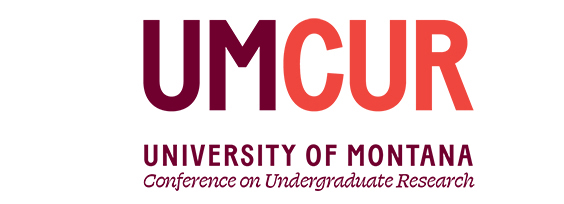Franke Global Leadership Initiative (GLI) Oral Presentations
Presentation Type
Presentation
Faculty Mentor’s Full Name
Kelsey Stamm Jimenez
Faculty Mentor’s Department
Franke Global Leadership Initiative
Abstract / Artist's Statement
Abstract
Stigmatization, lack of accessible menstrual products, and an overall misconstrued sense of menstruation impact menstruators at a disproportionate rate. When diving into the literature, we found that refugee women not only faced stigmas and a lack of access to menstrual products and education, but also ran into cultural barriers and differing attitudes on menstruation. To address this issue, we formulated the idea of a menstrual drive. Instead of focusing on refugee menstruators as a whole, our focus will be the refugee population in Missoula, MT. We recognize that the stigmatization of menstruation is an ongoing global issue that affects many menstruators worldwide; however, we also aim to address the same issue present within our community. During the implementation stage of this project, we found commonly shared interests in the refugee crisis as well as sexual health education and started here when creating our project’s main idea. The next stage involved gathering information about refugee menstruators, cultural considerations, barriers to menstruation, and an apparent lack of education. Then we began outreach to Soft-Landing Missoula and the International Rescue Committee (IRC) on the feasibility of this project. Our next and final steps will include gathering menstrual products to assemble menstrual kits and dispersing these kits to Soft-Landing Missoula for refugee menstruators to collect. Our goal is to make an impact and reverse menstruation stigma at the community level, starting with our refugee community.
Category
Franke Global Leadership Initiative
Women of Missoula: Menstruation and Refugees
UC 220
Abstract
Stigmatization, lack of accessible menstrual products, and an overall misconstrued sense of menstruation impact menstruators at a disproportionate rate. When diving into the literature, we found that refugee women not only faced stigmas and a lack of access to menstrual products and education, but also ran into cultural barriers and differing attitudes on menstruation. To address this issue, we formulated the idea of a menstrual drive. Instead of focusing on refugee menstruators as a whole, our focus will be the refugee population in Missoula, MT. We recognize that the stigmatization of menstruation is an ongoing global issue that affects many menstruators worldwide; however, we also aim to address the same issue present within our community. During the implementation stage of this project, we found commonly shared interests in the refugee crisis as well as sexual health education and started here when creating our project’s main idea. The next stage involved gathering information about refugee menstruators, cultural considerations, barriers to menstruation, and an apparent lack of education. Then we began outreach to Soft-Landing Missoula and the International Rescue Committee (IRC) on the feasibility of this project. Our next and final steps will include gathering menstrual products to assemble menstrual kits and dispersing these kits to Soft-Landing Missoula for refugee menstruators to collect. Our goal is to make an impact and reverse menstruation stigma at the community level, starting with our refugee community.
